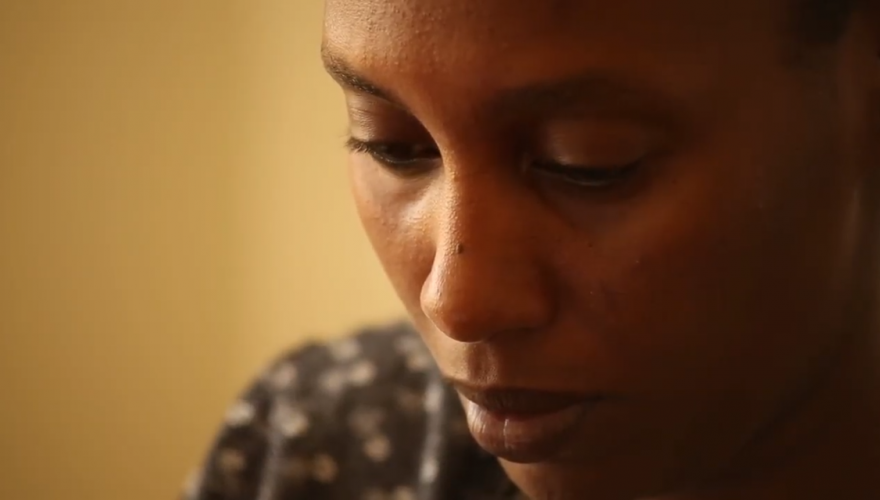Millions of girls and women in developing countries lack access to affordable menstrual pads, which leads to significant costs in education, economic productivity, health and dignity. Most girls and women simply stay home from school or work while menstruating, missing up to 50 days per year of lost wages or school time. While interning for the World Bank in Mozambique in 2005, Elizabeth Scharpf overheard a local colleague remark that 20 percent of her employees missed work on a regular basis, up to 30 days per year, because of menstruation. The reason: menstrual pads cost more than a day’s worth of wages.
After graduating from Harvard Business School in 2007, Scharpf founded Sustainable Health Enterprises, a social venture that invests in people and ideas that are typically overlooked (and often taboo) as vehicles of socio-economic change. SHE launched the SHE28 campaign to give girls and women greater access to affordable menstrual products and health and hygiene education. In 2009, Scharpf teamed up with SHE COO of Rwanda Julian Ingabire Kayibanda, a Rwandan national who left her home country in the 1990s because of the political situation and then returned to rebuild her country after the genocide.
SHE is increasing access to affordable menstrual pads, called LaunchPads, with a local, eco-friendly and scalable business model to affect social and economic change. With assistance from its partners, SHE developed a patent-pending, mechanical process to make an absorbent maxi pad core—the highest material cost driver—from banana fiber. SHE’s LaunchPad doesn’t use toxic chemicals, so it reduces the negative environmental impact of typical pads. The use of readily available banana fibers allows the SHE LaunchPad to be priced lower than multinational brands. SHE will deliver this innovation by investing in women entrepreneurs to jumpstart businesses selling and distributing locally produced, low-cost, eco-friendly SHE LaunchPads.
SHE is now replicating its patent-pending technology on an industrial scale during a pilot, mass-manufacturing 300,000 SHE LaunchPads for 3,000 Rwandan girls attending 10 schools. The pilot will also create 600 income-generating opportunities for people in the eastern region of Rwanda.

